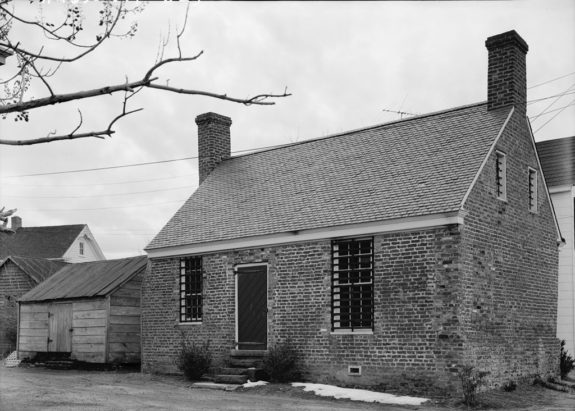
April 2, 2017; Houston Press
Debtors’ prisons aren’t legal. Authorities are not supposed to be able to lock up individuals who can’t afford to pay their fines—unless they “willfully refuse.” This is where the gray area forms, where poor people go to jail when they can’t afford the fines for minor offenses. Thousands of people are being jailed for fines they can’t afford to pay—and at least one nonprofit organization in Texas hopes to end that.
The Texas Organizing Project (TOP) is a 501(c)(4) nonprofit, which means it’s allowed to advocate and lobby as its main activity, unlike the more familiar 501(c)(3) charities. The organization has proposed a bill for the City of Houston that would improve how poor people are treated in municipal court. These offenses are particularly aimed at Class C misdemeanor cases, such as traffic violations.
“The whole idea is to not arrest people, especially indigent folks, on these traffic offenses—they are non-jailable offenses. They’re for debt. And they should be handled like debt,” says Tarsha Jackson, director of TOP’s Harris County chapter. “Police officers are currently acting like bill collectors, and they shouldn’t be.”
TOP suggests that municipal judges hold a full hearing into defendants’ ability to pay before imposing a fine upon them. For people below the poverty line, fines would be reduced or tailored to the individual’s financial circumstances, and community service would also be offered as an alternative. If someone is unable to pay or complete community service, they would get another hearing to explain the situation before being sent to jail.
Sign up for our free newsletters
Subscribe to NPQ's newsletters to have our top stories delivered directly to your inbox.
By signing up, you agree to our privacy policy and terms of use, and to receive messages from NPQ and our partners.
Community service and reduced fines are already an option, but it doesn’t happen much. An investigation by a criminal justice transition team put into place after Mayor Sylvester Turner took office last year reported that community service was offered to less than two percent of the almost 170,000 cases in Houston municipal courts. Fines were waived for only six indigent people.
Other organizations have been researching the situation in Houston and coming up with the same answer: Impoverished people are being targeted for their inability to pay fines for minor offenses they commit. In November, the American Civil Liberties Union (ACLU) of Texas found that just over 20 percent of people facing Class C fines are living in poverty. Of the 500 people sent to jail for a failure to pay over a period of four months, 30 percent were listed as homeless or not having an address.
The ACLU even went as far as to sue the city of Santa Fe, Texas—a town with population of 12,000 just south of Houston—in November 2016 on behalf of three men, accusing the city of prioritizing raising revenue for the city over administering justice fairly. As of now, there is a pending motion to dismiss the case.
The Houston area may draw the most attention in Texas, and possibly the most cases due to its sheer size, but other regions in the state are having the same issue. Last summer, an Amarillo attorney released documents that showed the city jailing people, including a disabled veteran, who couldn’t pay municipal fines. Another resident fined there was a woman living on $490 a month from Social Security disability who owed $520. Then there’s Austin, where a mother of five was fined for a minor traffic violation, including not having a driver’s license. She couldn’t afford to pay for a driver’s license until she paid off her traffic fines, but she had to keep driving her children to school and her husband to work, and the cycle continued.
Various bills regarding debtors’ prisons are being tackled in the Texas legislature. In the meantime, TOP is leading the way in Texas’ largest city. If successful in this part of criminal justice reform, they just may be a model for other advocacy organizations to follow.—Angie Wierzbicki












